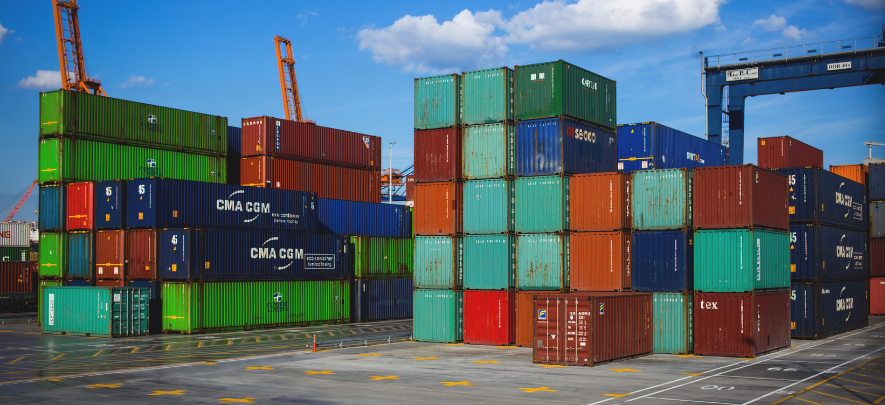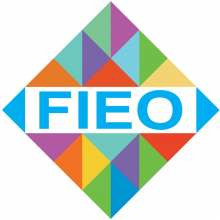General provisions regarding imports & exports: FAQs

Export Sector
Federation of Indian Export Organisations
173 week ago — 7 min read
Q1: What are the mandatory documents for export & import?
- Bill of Lading/Airway Bill
- Commercial Invoice cum Packing List
- Shipping Bill/ Bill of Entry/ Bill of Export
Q2: Whether any other documents in addition to the mandatory documents are required to be furnished?
For specific items of export and import NOC/License or any other documents like Phytosanitary Certificate, Health Certificate, Drug License, etc. as specified document for a specific product to be furnished to ensure legal compliance.
Q3: Can the restricted goods be exported/imported?
Such goods maybe exported/ imported only in accordance with an authorization or permission order.
Q4: What is DEL (Denied Entry List)?
A penal action for violating any condition of authorization or failing payment of demand notice within specified time. This action blocks the facilities available under the Policy till compliance by the exporter.
Q5: Whether export and import of samples allowed and the value of the samples?
Export of bonafide trade and technical samples of freely exportable item are allowed without any limit. Similarly, Duty free import of samples upto Rs. 3,00,000 for all exporters are allowed as per terms and conditions of Customs Notification.
Q6: Whether export/import of goods is permissible through Courier services/Post?
Freely exportable goods through a registered courier service or post are permitted as per Notification(s) issued by DoR. However, the value limit for the same is INR 5,00,000 per consignment. Similarly, freely importable goods through a registered courier service or post are permitted as per Notification(s) issued under the Customs Act, 1962.
Q7: What is SCOMET items?
“SCOMET” is the nomenclature for dual use items of Special Chemicals, Organisms, Materials, Equipment and Technologies (SCOMET). Export of dual-use items and technologies under India’s Foreign Trade Policy is regulated. It is either prohibited or is permitted under an Authorisation.
Q8: What is third party exports?
Third party exports means exports made by an exporter or manufacturer on behalf of another exporter(s).
Q9: What is Customs duty?
Customs duty is the duty charged on goods on their importation into India or exportation out of India.
Q10: What is ITC (HS) Codes?
Indian Trade Classification (Harmonized System) [ITC (HS)]is a compilation of codes for all merchandise / goods for export/ import. Goods are classified based on their group or sub-group at 2/4/6/8 digits.
Q11: How are the export documents procured?
Shipping Bills are processed by the System on the basis of declarations made by the exports.
Q12: What are the examination norms for export goods?
The quantum of examination is dependent on the export promotion scheme under which the export is being made as also the destination port. Generally, 5% or 10% of the goods are subjected to examination.
Q13: What is the Let Export Order and how is it given?
When the Customs Officer is satisfied that the particulars entered in the System conform to the description given in the original documents, he gives “Let Export Order”. Once, LEO is given, the Shipping Bill is printed.
Q14: What is Duty Drawback Scheme?
Under the Scheme, exporters are reimbursed the Customs Duty paid on inputs used in export production.
Q15: What is the procedure for claiming Duty Drawback?
Drawback is claimed in the Shipping Bill filed and separate application is required to be filed. After actual export of goods, the Drawback is processed through EDI Systems. The claim amount is directly credited in the designated Bank Account in the designated Bank registered in the System.
Q16: Which are the Agencies authorized for Quality Certification?
For ISO 9000(Series) and for ISO 14000 (series), the Agencies accredited with National Accreditation Board for Certification Bodies (NABCB) under Quality Council of India are authorized. List of such accredited Agencies is available on the website www.qcin.org and also provided under Appendix 21 of Handbook of Procedures (HBP).
Q17: Which are the Registering Authorities?
Registering Authority is a body notified by DGFT to register exporters/ importers as its members by issuing Registration-Cum-Membership Certificate (RCMC). List of notified Registering Authorities is at Appendix-2T of HBP.
Q18: What is the procedure for getting RCMC?
An application for obtaining RCMC is required to be made in ANF 2C to register and becoming member of Export Promotion Council or FIEO. Exporter should declare his main line of business and obtain RCMC from the Council which is concerned with the product of his main line of business. Multi-product exporters and products not covered under any EPC can obtain RCMC from FIEO. The validity of RCMC is 5 years from 1st April to 31st March.
Q19: What is the Certificate of Origin (CoO)?
It is an instrument to establish evidence on origin of goods imported into any country. There are two categories of CoO viz. (i) Preferential and (ii) non-preferential.
Q20: Who are the Agencies for issue of these Certificates?
For Preferential CoO for which tariff concessions are granted by an importing country under Free Trade Agreement or Preferential Trade Agreement or GSP, Government Agencies like Export Inspection Agency etc. are authorized. For non-preferential CoO, Government has nominated certain Agencies like FIEO to issue the same.
Also read: How to start an export business?
To explore business opportunities, link with us by clicking on the 'Invite' button on our eBiz Card.
Image source: Pexels
Disclaimer: The views and opinions expressed in this article are those of the author and do not necessarily reflect the views, official policy or position of GlobalLinker.
Posted by
Federation of Indian Export OrganisationsFIEO is the apex international trade promotion organisation of India. Directly and indirectly it represents the interest of over 200,000 exporters in India. FIEO has 17 offices in...
View Federation of Indian 's profile
Most read this week
Trending













Comments
Share this content
Please login or Register to join the discussion